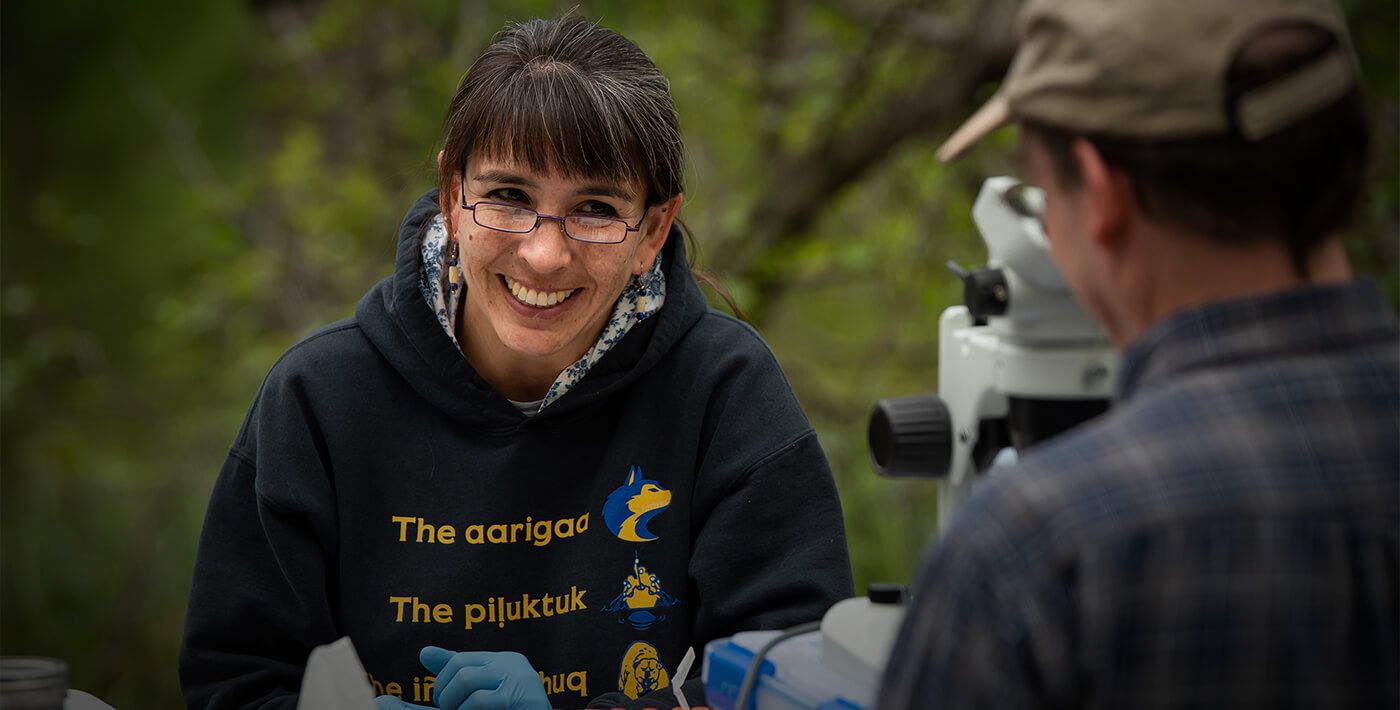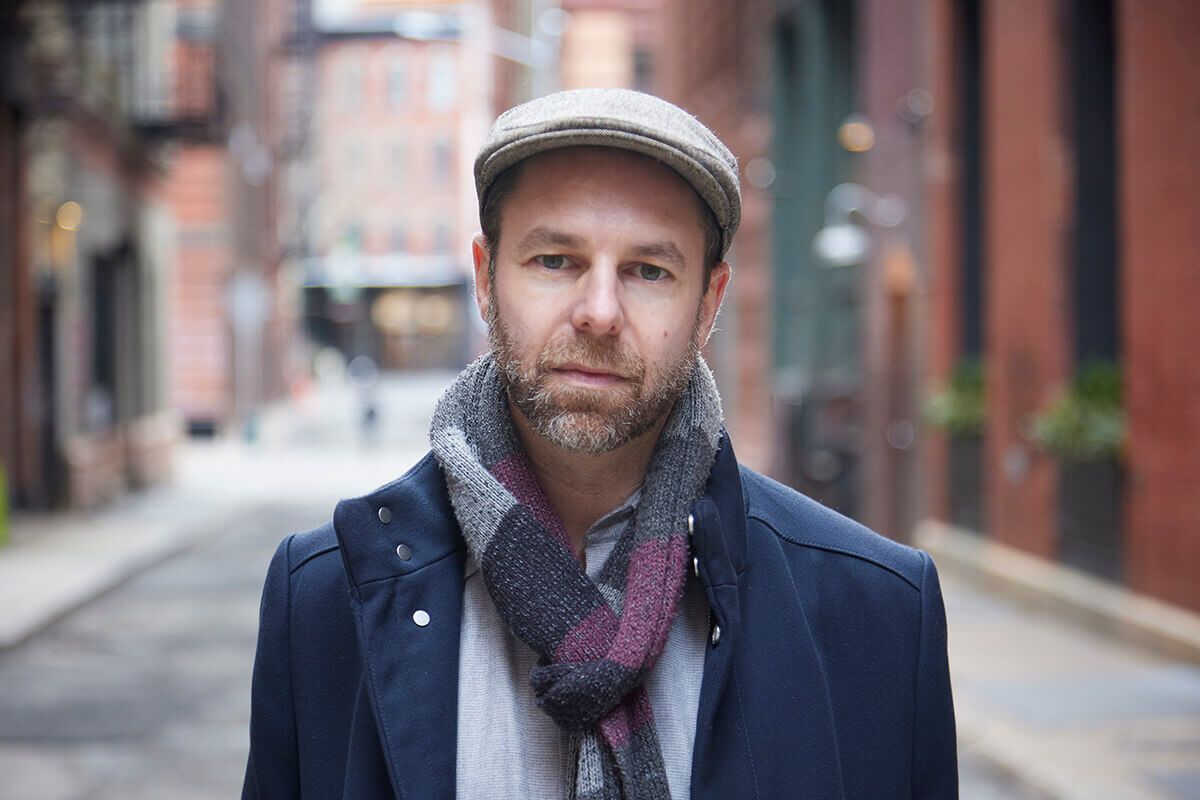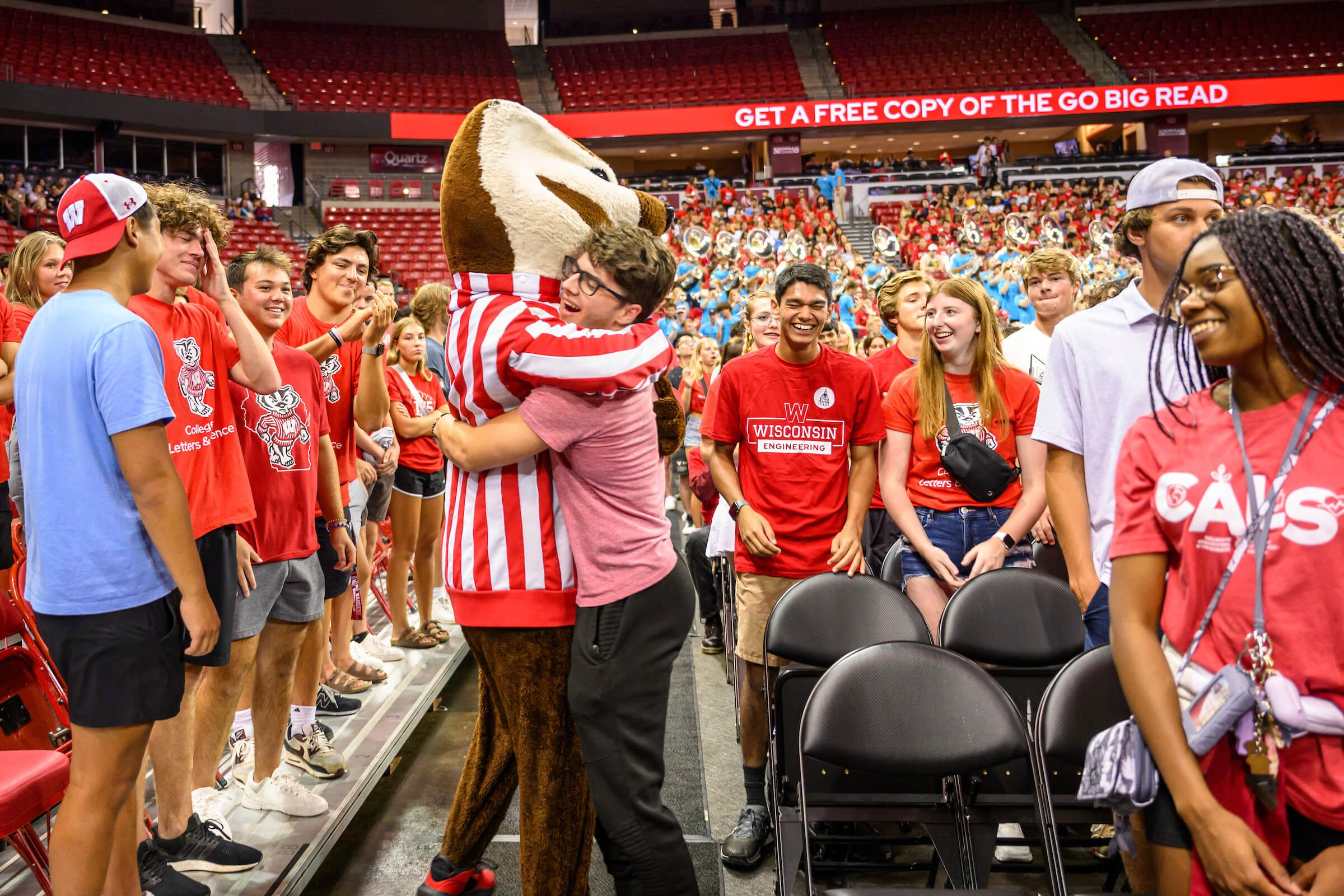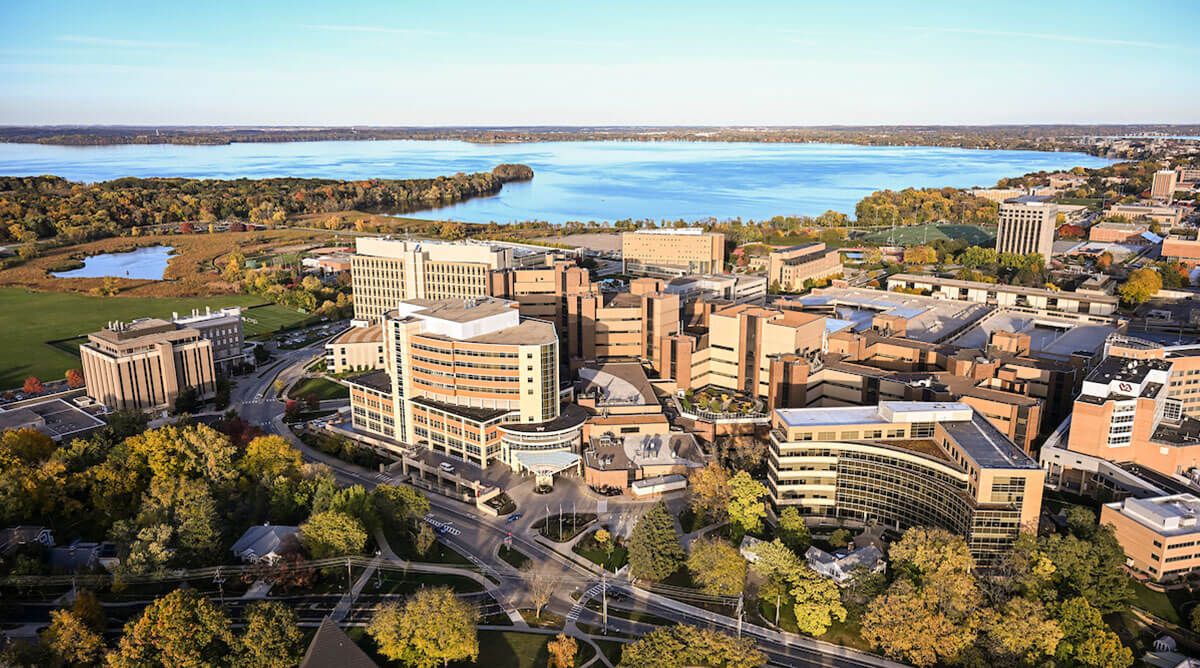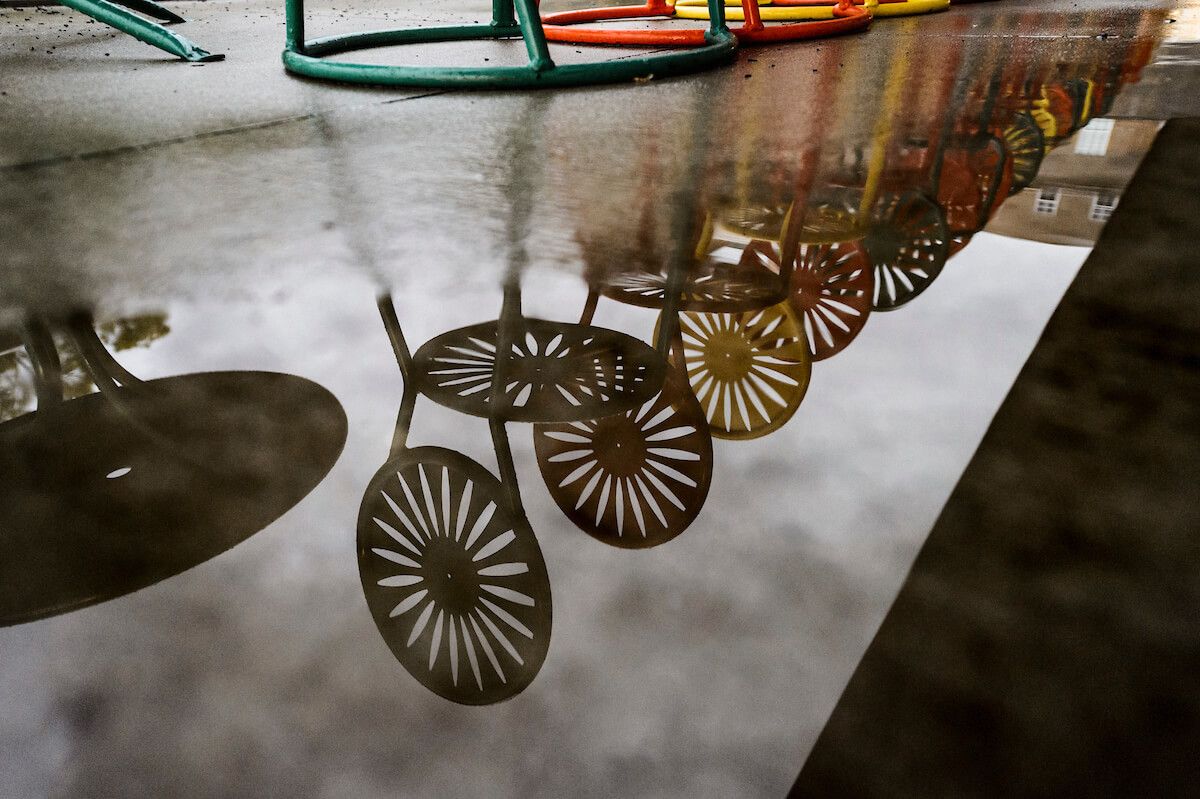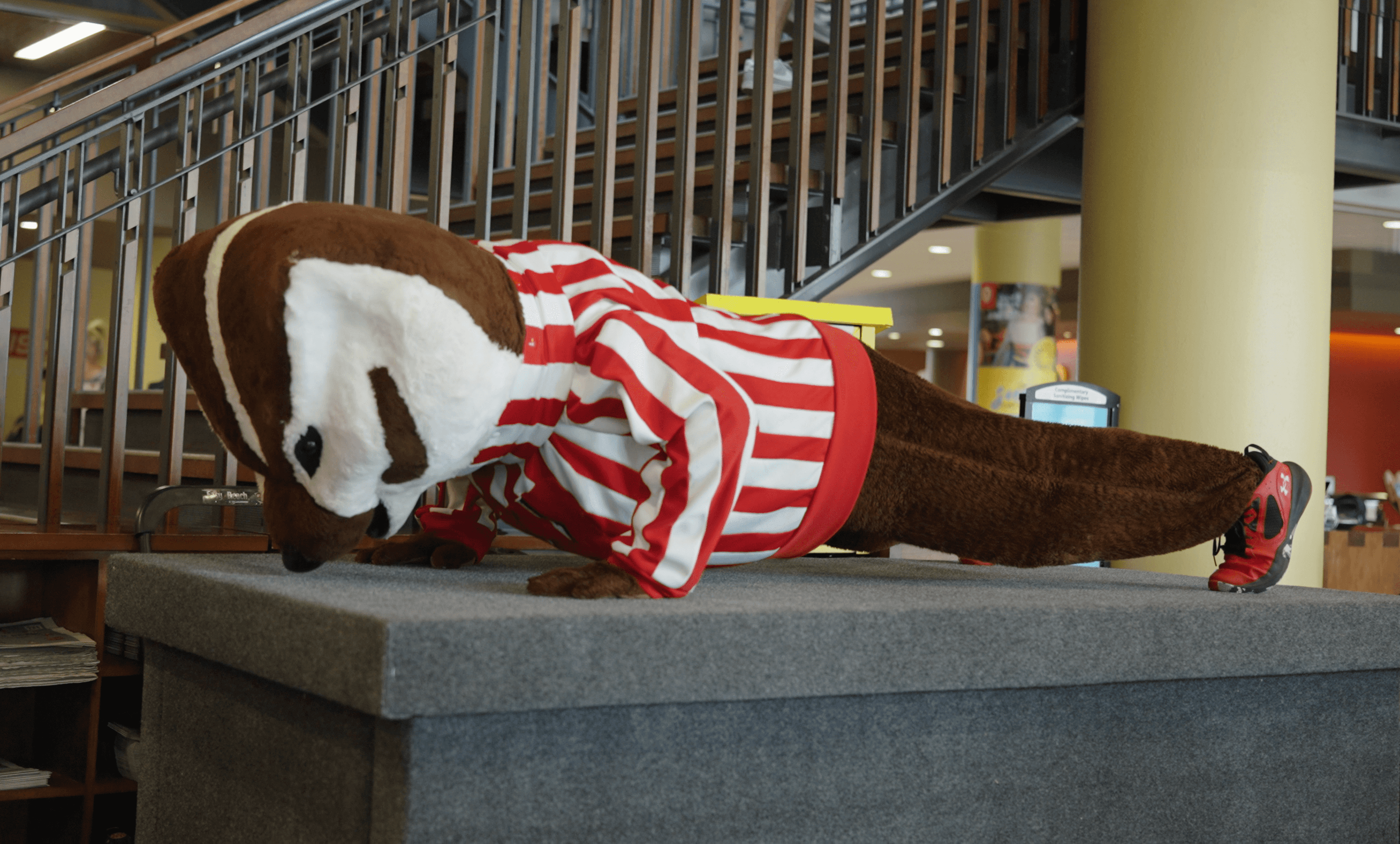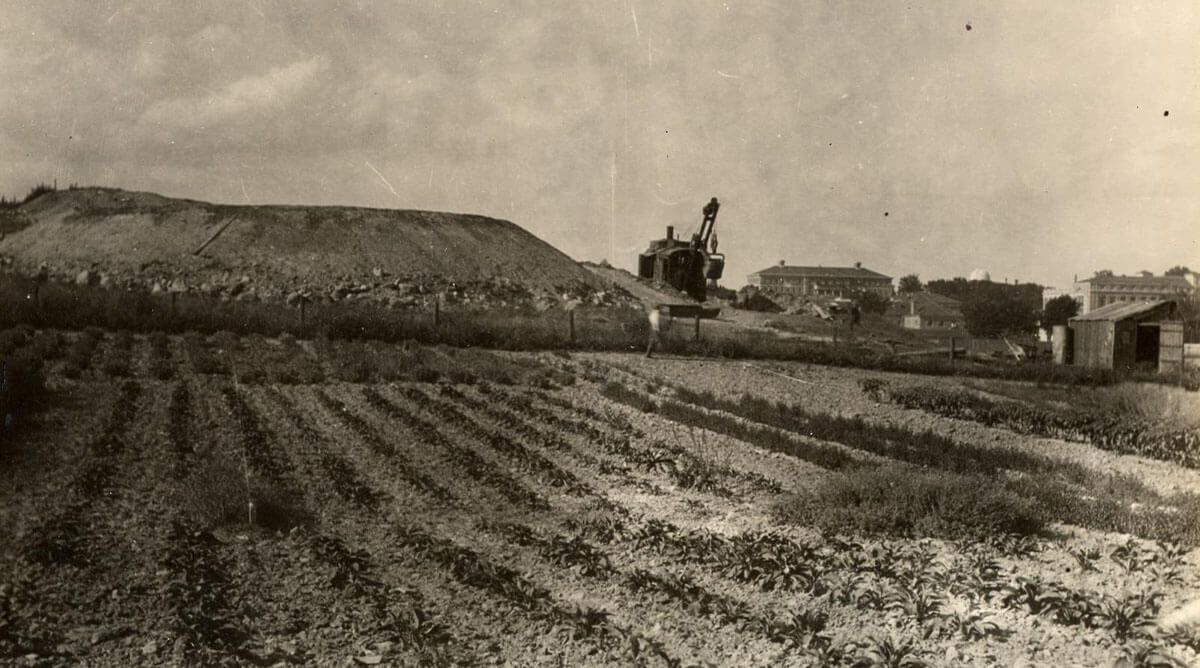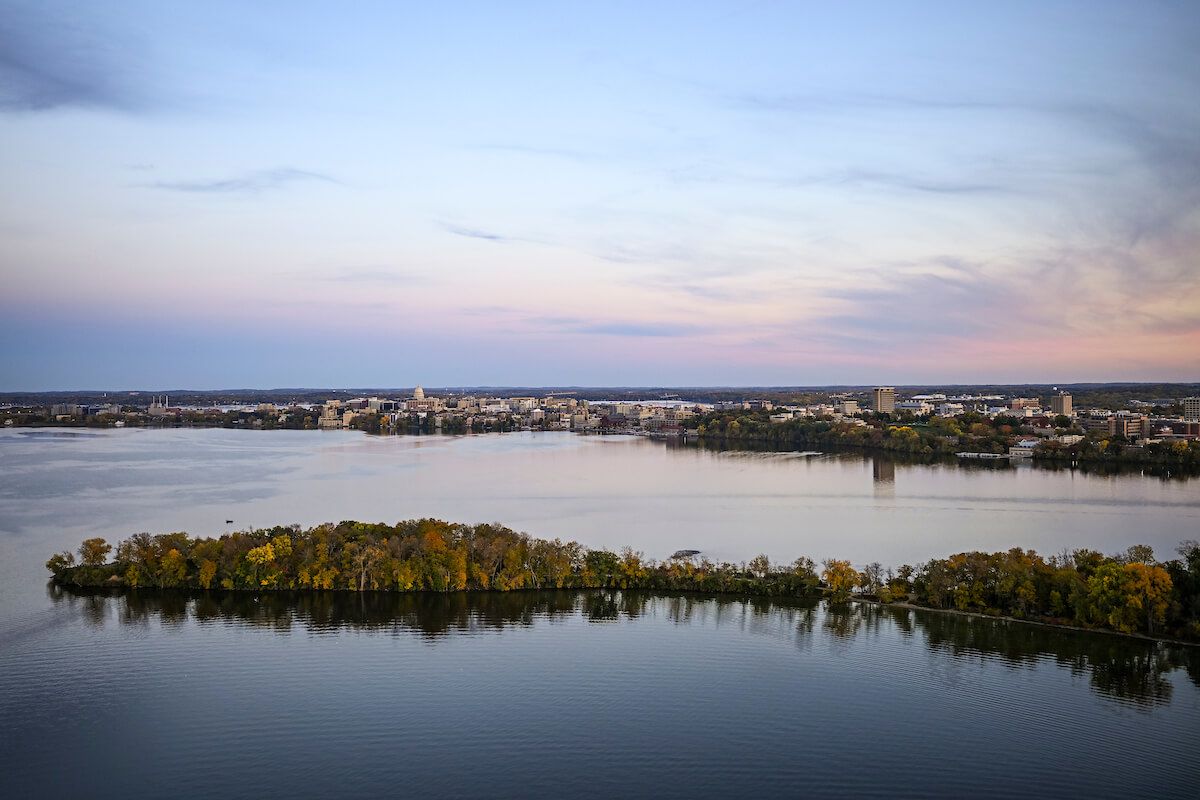Kat Milligan-McClellan spent her time at the UW studying microbiology and learning to embrace her identity as an Inupiaq from Kotzebue, Alaska. Today, she’s a teacher in both disciplines. Milligan-McClellan is an assistant professor of molecular and cell biology at the University of Connecticut, and her lab studies threespine stickleback fish in an effort to understand how immune responses to gut microbiota are influenced by environmental factors. She also mentors Native students who face the same struggles that she did as an undergraduate, and she serves on the board of the Caleb Scholars Program, an initiative that enables students to honor their heritage and cultural traditions while advocating for Indigenous-led conservation efforts. Read more about Milligan-McClellan’s trials and triumphs on campus in this 2022 On Wisconsin feature, and read about her favorite campus memories below.
- Favorite ‘90s band: Concrete Blonde
- Favorite ‘90s movie or TV show: The Simpsons
- Favorite campus-area hangout: “It would be between the Library Café & Bar and Union South. I’m going to say the Library, just because I have nice memories of studying there and relaxing with my friends.”
- Nineties trend you’re happy to have left behind: “I’m really happy to leave behind the erasure of Natives because that was key to the ’90s. I felt an incredible pressure to assimilate in the ’90s, and that was because people did not really seem to believe that Natives still existed.”
- Nineties trend you’d like to bring back: “You know what? Really silly aerobics. I used to do aerobics and I loved it.”
- Favorite Madison concert: “Shemekia Copeland. I saw her in the 2000s, not in the ’90s. I think it was in that tiny bar above the Library. It was awesome — I really liked that concert.”
What accomplishments or projects are you most proud of working on in the last 25 years?
I am most proud about being on the board for the Caleb Scholars Program. It’s a fellowship and a scholarship that supplies funding for Alaska Natives to use their degree to support our traditional ways. They get a $5,000 scholarship. It’s not that much, but they also get funding to go back home when they want to do subsistence hunting or fishing or living. If they want to go berry picking, we get the money for that. We give them money to travel to conferences or meetings where they’re going to do advocacy for preserving our lands and our way of life. It’s the thing that I’ve done in the last 25 years that I’m most proud of: being a part of that board and supporting those students. And I’ve also mentored two or three students at this point through that program, and I’m incredibly proud of what those students have done.
What are you working on now?
I’m still [on the board]. My lab right now is really focused on two different projects. One is determining how the microbes in different populations of fish change over time. We just sequenced 3,500 samples that we’re going to be analyzing to determine how the microbiota changes in different populations over time. I’m super excited about that. The other part of my lab is focused on ecotoxicology, and a group of my students has isolated a bunch of microbes from stickleback guts that have the ability or the potential to break down plastics. And I’m very excited about the progress on that project.
Are there any courses or people from the UW that have had a lasting influence on you?
Oh my gosh — so many. There was a woman that I TA’d with, Janet Schrader. She taught the lab for parasitology. She believed in me, which was amazing. But she also was really instrumental in helping me recognize that I belonged in microbiology. The other person was Aaron Bird Bear [MS’10]. He did so much to bring the Native community together. I cannot even describe how meaningful it was to me to have him be a mentor when I was a student. I probably wouldn’t have lasted at UW–Madison for as long as I did if it hadn’t been for Aaron. I would’ve left because I just didn’t feel like I belonged there. And he made me feel like I belonged there. He brought me into Wunk Sheek. I didn’t think I belonged in Wunk Sheek because I wasn’t lower-48 Native, and he just made me feel really welcome. He also got AISES [the UW–Madison chapter of the American Indian Science and Engineering Society] up and going again because it waxes and wanes, and he was really instrumental in making sure that that group moved forward.
What’s your best memory from your time on campus?
I did the Polar Plunge, and the reason it really stood out to me is Aaron Bird Bear, myself, and a couple of others — we drew pictures of the mounds that Aaron was trying to save at the time on our bodies. We drew pictures on our bodies of the mounds that we were trying to save, and then did the Polar Plunge. It was so much fun being able to advocate for something and at the same time raise money for the things that the Polar Plunge raises money for and do something wild like jumping in a lake in the middle of the winter. It’s a really good memory.
The other one is the powwows. I was part of Wunk Sheek, and I went to the powwows and they’re not what my tribe does. The first time I went to one, I was like, “I don’t belong here. I don’t know what they’re doing. How do you move around in a circle? What beat am I supposed to be using?” But after going to them for a few years, I felt really welcomed. When I hear drums now when I go to powwows, even here in Connecticut, I just feel like it’s a part of home. I feel welcome. My heart soars when I hear the drums.
